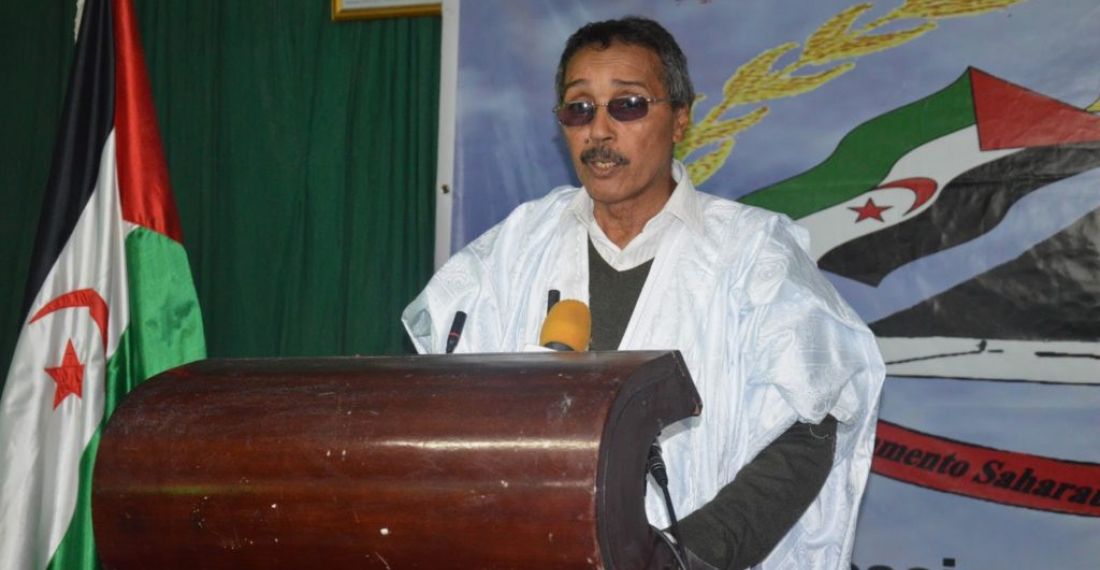The conflict between the Polisario Front, fighting for the independence of Western Sahara, and Morocco, in recent days spilled over to the media with both sides accusing each other of spreading fake news and manipulating the views of local communities.
Morocco’s Premier Saad-Eddine El-Othmani rejected a claim made this week by the Polisario that they had killed three Morrocan soldiers. El-Othmani described the claim as propaganda.
The Polisaro said the attack happened in the Ouarkziz area, in Moroccan controlled territory, but the claim could not be verified independently.
Although fighting occasionally breaks out along the contact lines, the buffer zone has largely been quiet in recent weeks.
The Moroccan prime minister, discussed the media war on Twitter, saying that it was backed by fake news.
“It’s yet another example of the media war, backed by ‘fake news,’ that the Polisario separatists are waging to make people believe in imaginary victories,”
Algeria is also embroiled in the conflict due to its support of the Polisario Front. Moroccan officials claim that the only way the Polisario can attack Morocco is through Algerian soil. Morocco says such an attack would equate to a declaration of war by Algeria.
Tensions escalated between Morocco and Algeria this weekend as the Algerian TV channel "Echourouk" aired a satirical show which parodied the Moroccan King Mohammed VI. The show sparked outrage in Morocco where it was perceived as an attack on the Moroccan people and King Mohammed VI.
The Moroccan National Press Council (CNP) condemned the violation of the press ethics and professional conduct by the Algerian channel.
In a statement, the CNP said that the show used "a language of denigration and of degradation of dignity, and which is a far cry from the satirical shows broadcast by civilized channels that merely comment and criticize without insulting, degrading the personal image or harming people."
This show "used expressions offensive to the person of His Majesty the King and scornful of the Moroccan people, while clearly calling for war. These are so many flagrant violations of ethics and professional conduct of the press," the CNP said.
The conflict is also playing out on the legal front. The Polisario Front has threatened to file a complaint at the African Court on Human and Peoples' Rights to denounce the actions of Morocco in the Sahara, according to senior Polisario member Khatri Adouh.
Adouh said that the Polisario "is taking various measures, within the African Union, to counter Morocco’s violation of the Union’s founding charter, which consists of respecting borders existing on achievement of independence and avoiding the use of force among member states of the Union".
Only 29 countries of the African Union, including the Sahrawi Arab Democratic Republic, have ratified the protocol for the creation of the African Court on Human and Peoples' Rights. Neither Algeria nor South Africa, the Polisario's main allies in Africa, have recognised the jurisdiction of the African Court.
Read more on the Polisario Front and the conflict over Western Sahara here >>







